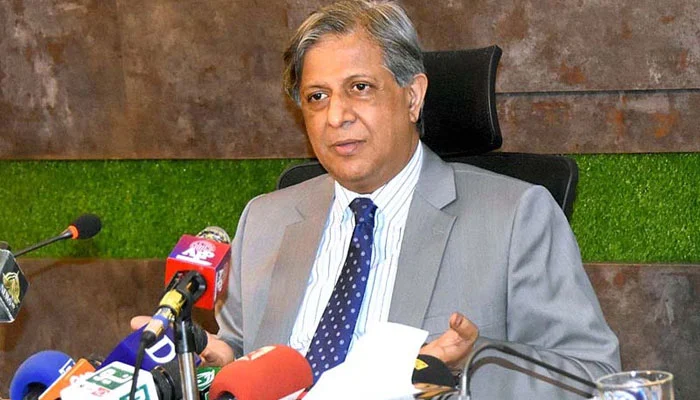Law Minister Azam Nazeer Tarar on Monday announced that the Supreme Court (Practice and Procedure) Bill, 2023 — which aims to curtail the chief justice’s powers to take suo motu notice in an individual capacity — will become law on April 20.
The federal government had on April 10 gotten the SC bill passed in the joint session of parliament amid the strong protest from the Pakistan Tehreek-e-Insaf after President Arif Alvi had returned the bill seeking to curtail the CJP’s suo motu powers. The bill was again put forth before the president for his assent.
Under the constitution, if the head of the state does not give his approval within 10 days, it would be deemed to have been given.
However, an eight-member larger bench of the SC on April 13 had ordered that even if the SC bill 2023 received the assent of the president, it would not be acted upon in any manner till further order.
Speaking to a channel, the law minister said that matter relating to implementation on the law will be seen later.
Referring to the top court’s order to the State Bank of Pakistan for release of Rs21 billion from the funds held with it to the Election Commission of Pakistan for holding elections to the Punjab and Khyber Pakhtunkhwa assemblies, the minister said that the procedure for approving the funds has been clarified in Article 81, 82, 84 of the Constitution.
Under Article 84 of the Constitution, approving supplementary budget is the prerogative of the National Assembly, the law minister said.
“It will be violation of the Constitution if the amount [Rs21 billion] is allocated without the approval of the National Assembly,” he added.










